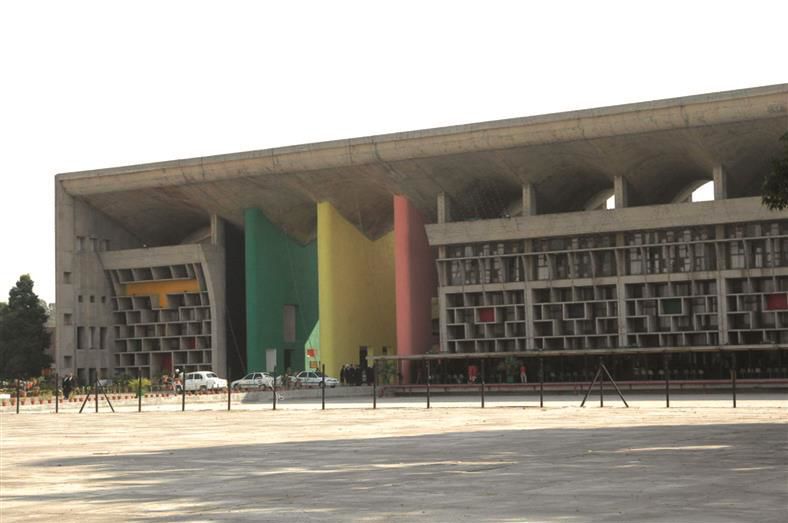High Court declares IGNOU diploma holders eligible for ETT posts in Punjab
Terms exclusion of such candidates arbitrary
Saurabh Malik
Chandigarh, July 28
The Punjab and Haryana High Court has declared that candidates holding a diploma in Primary Education from Indira Gandhi National Open University (IGNOU) are eligible for Elementary Trained Teacher (ETT) positions advertised by the Punjab Government in 2015 and 2016.
Justice Harsimran Singh Sethi ruled that the exclusion of such candidates was both arbitrary and discriminatory. The decision came on eight writ petitions filed by individuals disqualified from the ETT recruitment process despite having the IGNOU diploma.
Justice Sethi found that the petitioners were unfairly treated, as other candidates with the same qualification were accepted for similar positions.
“The rules governing the service for appointment to the post of ETT remain the same for both advertisements. Ignoring the petitioners possessing the same qualification as those already appointed is arbitrary and illegal, amounting to discrimination,” Justice Sethi asserted.
Advocates Sukhdev Kamboj, Deepak Aggarwal, Alka Chatrath, Nikhil Singh and HC Arora represented the petitioners. The ruling is rooted in a previous Division Bench decision in an appeal in the case of “Tara Rani versus State of Punjab”, which established the eligibility of candidates with the IGNOU diploma for ETT positions.
The state had complied with this decision for the 2016 advertisement, appointing candidates with the same qualifications as the petitioners. “The stand of the respondents that the order passed by the Division Bench in the LPA was only limited to the appellant therein is arbitrary and illegal,” Justice Sethi asserted.
The court emphasised that legal rulings should benefit all similarly situated individuals without requiring each to seek separate relief through the courts. “If a question of law has been settled by a competent Court, the benefit of the same has to be given to everyone rather than forcing everyone to come to the Court to seek the same relief,” Justice Sethi added.
The high court’s decision is significant as it mandates that the qualifications of the petitioners be recognised and their candidature considered on the same footing as those already appointed under the 2016 advertisement. The ruling ensures consistency and fairness in the application of the law.
“The state has a duty to grant relief to its employees who are similarly situated and on identical facts, rather than requiring each one to approach the courts for justice,” Justice Sethi asserted, while allowing the writ petitions.
Unlock Exclusive Insights with The Tribune Premium
Take your experience further with Premium access.
Thought-provoking Opinions, Expert Analysis, In-depth Insights and other Member Only Benefits
Already a Member? Sign In Now











